|
Due to popular demand, BluTV deviated from their plan of releasing one episode a week and delighted the fans with two episodes released on Thursday, April 29, 2021. This is Semih Ates' story and through the prism of his varied experience of growing up in Yesilcam to present day, there is a lot to be seen about Semih, the film industry and society in general. All of this is artfully continued through episodes 3 and 4, respectively titled "Dancing Boy" (Dans Eden Cocuk) and "A September Day" (Bir Eylul Gunun). Plot In episodes 3 & 4, the underlying theme that stands out as we get more insight into the characters are the survival instincts that drive human behavior and choices. The survival instincts of women in a male dominated world, the survival instincts of an orphan as he navigates the trials and tribulations of life on the streets, the survival instincts of businessmen and power mongers, of social factions threatened by the unknown, and more. Individual and collective choices shape the course of lives and society, and Yesilcam is doing a stellar job of casting a lens on different slices of lives affected by the broader social and political movements of the time. In particular, we get multiple perspectives of how lives were affected by the Istanbul pogrom of 1955, a well-orchestrated government supported riots that caused irreversible damage to the local Greek community. As the plot thickens with the revelation of Semih’s history of a father who died early and his mother Belkis, who unbeknownst to him was a prostitute in Istanbul who went on to become the powerful madam of a brothel, we begin to piece together the Semih of today. A man who has paid dues and carries debt he does not feel he can repay. Semih does not wish to entertain his mother’s pleas for a reconciliation as she knocks on death’s doors and, contrary to peer knowledge, Semih did not receive funding for his first film from his mother. Instead, we are given insinuations of unethical means of accumulating the money. We are also introduced to his kind and loving Uncle Costa, who used to be a projector operator at a local theater, and who allows Semih’s love for films to flourish further as symbolically as a single ray of light in an otherwise dark existence. We see Semih and Tulin getting to know each other better (absolutely joyful dance session with the dance instructor played by Ayta Sozeri), and a glimmer of Semih’s appreciation of Tulin’s idealistic yet pragmatic stances in life, her desire to tell a story on the strength of the story and not be focused on the success it will bring her personally, and her willingness to believe the best of Semih and his magical principles. On the flip side, we also see the compromises one is willing to make for survival and sometimes for misguided ideals. None of the characters are pure in their good and evil, and in just four episodes, Yesilcam has managed to grip the imagination with the realities of the era, the influences on stories told (on and off stage) and how that also shapes the mentality of the mob. A lot of the social unrest of the time is shown without handing out a judgement on the merit of the beliefs that guide sympathetic or antagonistic behavior towards each other as the fabric of society changes. Without giving too much away, here are some themes that get amplified as the narrative gets more complex and involved. Crocodile Infested Waters Even though we are given characters such as Semih, Tulin, Hakan, Nebahat who have a relatively clean moral compass and wish to conquer Yesilcam with their talents, hard work and creativity, we are also shown what dangerous waters they are trying to navigate. Yesilcam equates money with power, and power with self-determination. The three powerful figures introduced thus far are Reha Esmer, Izzet Orkan and Belkis Mavi. Reha, played absolutely brilliantly by Yetkin Dikinciler, has a myopic view of the world where he wants to protect his vested interests and fan the fire of his petty war with Semih, who obviously threatens him on many levels. He wants to make movies that sell and make him money, but he is also somewhat blinded by his need to ‘own’ Mine. He is suave, connected and considers himself to be quite the rainmaker in Yesilcam. Izzet (a nuanced interpretation by Ozgur Cevik) is a political animal and wants to make a nationalist statement through the movies. He has money and is fresh off the boat from Hollywood where he learnt about the political and social controls utilized by the film industry. He wants to do the same in Yesilcam, and in the process shut out minority workers from the industry. He slides into BDSM in his private quarters, his nastiness exacerbated by his sociopathic tendencies. And Belkis (veteran actress Gungor Bayrak), Semih’s biological mother, is the queen of secrets. Her Pandora’s box is earned through sexual favors granted to men in power and she is unapologetic for the choices she has made. Belkis has paid with her life and her family to be in her current position, and it is an interesting detail that one of her former lovers is now her caregiver. Belkis is no wall flower and she has learnt how to be the one on top in the gender game. Old & New It is obvious that Semih and Mine share an intertwined history, where she knows who his mother is but doesn’t know the extent of their fractured relationship. To the extent possible, she tries to protect Semih against the known vultures such as Reha and Vebhi, even though she is the one who divorced him. Similarly, Semih also feels something special for Mine as he gets excited about meeting her and puts in the effort to dress up for what he thinks is a surprise rendezvous with her. Their bond is mired in hidden truths from each other, and perhaps both refrain from confronting the reality of what their relationship will be if the secrets were revealed. The reality is that Mine, like Semih’s mother, made the difficult choice to turn away from her love so she could climb to the top in a nasty world. We are yet to see if some of these choices will be forgivable. On the flip side, Tulin is like a breath of fresh air in an industry where it is easy to get jaded. She is pure of heart, selfless, kind, and holds Semih accountable for compromising on his principles when threatened by powerful voices in the industry. One can begin to discern that Semih not only sees Tulin as a powerhouse of talent, but also as someone who is loyal to a fault, an aspect of womanhood he has been deprived of by both his mother and Mine. Perhaps she also inspires him to aspire to a version of himself he can fully accept and be proud of, but these are aspects of their unfolding relationship yet to come. The Magician & Love for Cinema Mandrake the Magician is considered to be the very first comic superhero, developed in 1934. Conceived, written and illustrated by noted comic creator Lee Falk, Mandrake was the king of illusion, using his hypnotic powers (among others) to overcome his adversaries. According to Semih’s Uncle Costa, he stole people’s hearts and bewitched them. Introduction of Mandrake is also mentioned by writer Levent Cantek on his twitter feed during the airing of Yesilcam on Thursday, and this particular addition is noteworthy. Mr. Cantek is a Turkish comic book writer, as well as an accomplished author and scriptwriter. Cleverly weaving in Mandrake into the script, along with integrating the character’s traits into Semih, is a touch of genius. We see Semih in a top hat, Mumtaz Bey alludes to Semih’s abilities to pull a rabbit out of a hat in the game of producing winning cinema, and we see Semih hide a sharp, discerning mind and heart behind his affable, almost comical disposition. Very few people see the real Semih behind the illusions. Mandrake’s poster features prominently in Semih’s office and remains as a reminder of the past that built him. He cannot forget the debts he needs to pay. Social Statements Unlike many shows that whitewashes history to make subtle nationalistic assertions, Yesilcam does not take a favored lens to portray the reality of the time. The historical context is presented factually, taking from widely reported accounts of the times. The Greeks were persecuted, political ideals were divisive, economic struggles were real and led to a growing labor awareness, and intense social change was a constant. With that as a backdrop, looking at grounded people like Nebahat, Tulin and Semih gives insight into how the average citizens, their lives and perceptions were affected. There is a lot more to come on this front. Character Driven Through such in depth look at the characters in artistic ways and elaborate plot schemes, multilayered personalities emerge, demanding all the actors to draw from their breadth of acting tools. And everyone delivers. Credit must go to director Cagan Irmak for drawing out the best from his cast and crew. Cagatay is stunning as Semih Ates. A childlike exuberance for things he loves, layered on top of a discerning mind makes for a man one should not take at face value. Having been forced to grow up alone, he possesses survival skills that rival Mine and Belkis’ but he also has a magnanimous heart that offers refuge to those who trust him. His repressed feelings of abandonment has trigger points, and his escape into cinema as a means to connect with the human soul is well done. If he doesn’t tell stories that touches the heart, he dies. We all pick a legacy we wish to leave in our wake and for Semih, it is the cinema he is able to create. Semih’s joy, compassion, desolation, guilt, loneliness, rage, resolve, determination, opportunism, introspection are all captured well by Cagatay, through subtle expressions and through full body acting where it is needed. We would say this is Cagatay’s most layered role yet, and we now understand why he told GQ that Semih has left a mark on him. The following is a mere sampling of the diversity of emotions Cagatay projects as Semih There is abundant intelligence in the script, to be interpreted at will. The pleasure seeking viewers will appreciate the attention to details for the sets, music and costumes, unparalleled cinematography, and the visually realistic shots of the social milieu of the time. No deeper knowledge of the political context is necessary to appreciate the production value. There is also plenty for the discerning viewer, especially if you have interest in historical context. We fall in the latter category as both Cagatay Ulusoy North America and our flagship organization North America TEN are chartered to bring perspectives on the Turkish actors, entertainment, culture and art to English speakers across the globe, and we like to understand the circumstances that influence character and culture. We will be bringing more to our readers on this in the near future. For now, sharing here an excerpt of a print interview with Afra Saracoglu, who plays the lead role of Tulin Saygi. It gives further insight how much preparation has gone into the characters. We cannot wait until the installment(s) next week! Only on BluTV on Thursdays at 7 pm local Turkish time. Article (c) CUNA & @entrespire/ twitter
Please follow CUNA on facebook at: www.facebook.com/cagataynorthamerica and stay away from the fake pages. This is the only page officially affiliated with North America TEN All video clips and photos belong to their respective owners. No copyright infringement is intended. Please ask for permission before reprints. #Yesilcam #CagatayUlusoy #LeventCantek #BluTV #CaganIrmak #GungorBayrak #SemihAtes #IstanbulPogrom #MandrakeTheMagician
0 Comments
At the end of a fantastic promotional strategy implemented by BluTV over the past few weeks, the first two episodes of Yesilcam dropped on the platform promptly at 7 pm local Turkish time on April 22. Even though a series for the digital platform, the period piece boasts a rich tapestry of cinematic elements that makes it a visual treat as we get lost in the developing characters. The Story & Characters Semih Ates (Cagatay Ulusoy) is a passionate, creative and upstanding film producer who has recently lost his production company Ates Film to a low life character called Vehbi (Onur Bilge). This fills him with new vigor to produce another film, after a string of box office flops. His office mates at his new company Great Ates Film (Buyuk Ates Film) and supporting team includes womanizing Hakan (Semih's ex-wife Mine's brother, played by Bora Akkas), Mumtaz Bey (Altan Erkekli) who was entrusted with Semih as a teenager, and Nebahat (Nurcan Sirin), the office admin. Semih's ex-wife Mine (Selin Sekerci), with whom the love story is 'complicated' to say the least, is the top billing actress in Yesilcam. She is often paired with Ayhan Isik (a real and famous actor from the Yesilcam era), and Semih knows that with that pair, alongside the famous director Atif Yilmaz (another real life famous personality of the Yesilcam era), Semih can get back into the game with a film, validating his mantra of "I make a film, the sick recovers and the season changes". Detracting his efforts are Reha Esmer (Yetkin Dikinciler), a smooth talking power monger of Yesilcam. He is having a clandestine affair with Mine, and hides his dormant need to dominate Semih, disguising his devious nature under a seemingly benevolent benefactor for Semih, but it is obvious that Semih is aware of the duplicity. He wants to expel Semih from Istanbul and send him off to Adana, perhaps to remove his threat in the film business as well as with Mine, who obviously still carries a torch for Semih, and Semih seems to yearn for her as well. Set within the backdrop of the political unrests of 1964 due to the Cyprus disputes that led to the expulsion of the Greeks from Istanbul, during a time of escalating intolerance for communist beliefs, Semih receives a script called "Two Sisters" from his good friend Turgut (Muhammet Kulu), who is being persecuted for being a communist. Semih falls in love with the script, and simultaneously meets Tulin Saygi, a fresh faced young girl looking to become an actress, and daughter to a social climbing single mother, Adviye (Nilufar Acikalin). He imagines Tulin as one of the leads for the script, with the second sister played by Mine, and signs her on to his company. Tulin has also caught the eye of Izzet Orkan (Ozgur Cevik), a political sympathizer of Adnan Menderes, the Turkish Prime Minister who was tried and hanged after the coup d'etat of 1960. Izzet is recently returned from America and is a sadistic sexual predator who wants to own Tulin. He is also looking to do business with Reha, the two being well matched in their lack of morals. Due to betrayals and politicking behind his back, Vehbi manages to wrest the script away from Semih's company, and Reha manipulates the loss of Tulin in a talent show designed to open doors in Yesilcam for the winner. Through his cleverness, Semih is able to turn the situation around, exposing his optimistic and fair nature, as he tells Tulin that he did it because he didn't want for her to leave. The Review Semih is a man who can discern talent and the soul of a story because of his deep love for cinema and has an admirer in Tulin, who loves Semih's masterpiece "Dovetail Season" (Kirlangic Mevsimi) starring Mine and Ayhan. Depicting a beautiful love story, both Tulin and Semih know the poetic dialogue by heart. "If I wasn't in love with you, my love, then I couldn't even grow up, my love. Falling in love with you was my destiny. Love means to be in love madly but not having each other. It means to be defeated, to be upset and to suffer". It foretells a tragic love story, yet to be seen for which pair within the possible love triangle of Mine, Semih and Tulin. Through such filmic interludes, we get a wonderful character sketch of each of the protagonists, the inner tensions that draw them or repel them to and from each other. With an eye for details, director Cagan Irmak has created visually rich frames that speak its own story, some shots taken from interesting angles almost designed to pique the viewer's interest in the emotions being told by the inanimate objects on screen. In its first two episodes, Yesilcam draws the viewers into the world of cinema from the 1960s. Scriptwriters Levent Centek and Volkan Sumbul have outdone themselves in how they reveal the narrative. Complementing the set design and costumes is the dialogue delivery and language, which seems to have a lyrical tilt that is different from modern day spoken language, paired with staid and stiff sets of gestures that are more archaic than the fluid motions of contemporary societies. Cagatay's Semih Cagatay is fantastic as Semih Ates, showcasing his versatility as an actor once again. Semih is sensual but also energetic, an idealist but also pragmatic, a lover at heart but carries himself with a nonchalance that hides his despair, generous in spirit but steely in his resolve. Within all the contradictions, Semih seems an inspirational character who rouses hope and excellence from those around him, possessing that special magic that threatens the manufactured personas like Reha and Izzet. Cagatay gets to showcase some of his subtle but excellent comic timing, especially in some of the scenes designed to be a bit satirical. He is shown as a guileless character who gets overjoyed with the simplest things, and the scenes between him and Bora are somewhat reminiscent of the camaraderie Cagatay shared with Tamer Olmez in Medcezir. Brothers from a different mother! And as in Medcezir, embedded within some serious themes are threads of comedy that endears the audience to the characters. Fans are rightfully excited about this project and watching Cagatay in this new avatar. In short, Yesilcam is worthy of its hype and we look forward to the unfolding of more layers in the characters and the story. Episode 3 will air on BluTV at 7 pm on April 29, 2021. Article (c) CUNA & mh musings
Follow us on Facebook here and be wary of fake pages All video clips and photos belong to their respective owners. No copyright infringement is intended. Please ask for permission before reprints. The highly anticipated series Yesilcam will be coming to BluTV on April 22, 2021. The platform has shared a number of trailers and teasers, and from all accounts, it seems to be an excellent production that not only captures the cinematic glory of the Yesilcam era of Turkish filmmaking, but also showcases the noteworthy filmmakers of today. Cagan Irmak, who is a highly acclaimed director, is no stranger to paying homage to Yesilcam. He is the director of Unutursam Fisilda, a period piece focusing on the careers of musicians of the era. In a recent interview, Cagatay said of Cagan, "“Cagan is a very successful director who really loves his job, knows the period well, knows its textures, knows the lines between the lines, follows life in every aspect. His observation skills are very impressive." The trailers reveal an intricate look at the world of Yesilcam filmmaking of the 60s, the peak of the industry when 200 - 300 movies were produced in a year, often on a shoe string budget. Artistes flocked to support the growth of the industry, often driven more by an entrepreneurial spirit rather than a sure shot at stardom. Cagatay's Semih Ates is a young filmmaker who grew up in Yesilcam. As Cagatay describes in his interview with GQ Turkey, "It's one colorful world where we will watch how Semih Ateş, who was raised in Yeşilçam as a child, is trying to exist as a producer in Yeşilçam as an adult, his relationships, the balance of power and money, the organic and passionate relationships of the characters with one another and the ongoing story in this context. He himself is also the character that I have enjoyed playing the most to this day, the most colorful and the one that left a mark on me." His ex-wife Mine Cansu played by Selin Sekerci is portrayed as a femme fatale who is the darling of Yesilcam. Tulin Saygi, played by Afra Sarracoglu, comes knocking on the doors of Yesilcam, and is seen to be the fresh new talent that turns heads. Semih falls in love with Tulin, presumably during his journey of re-establishing himself in the industry. The following photos were shared by BluTV, that provide a character sketch for the three main protagonists: And all this will take place against the backdrop of the great political, cultural and social changes Turkey experienced between it's two coup d'etats in 1960 and 1980.
As the Yesilcam movies fell off its beloved perch with the advent of modern programming, it is no wonder that there is so much anticipation for this visually and aurally rich production that is now considered a point of local pride. A series about the lost glory of Turkish films, produced by local filmmakers, for a local streaming platform that is spreading its wings at an unprecedented rate! As Semih Ates says, "Why is the cinema beautiful? Because life is a worthless monotony" ... "I make a movie. The sick recover. The season changes." The series will come with English, Spanish and Arabic subtitles, and it may also get licensed by other major platforms such as Netflix. And we all await this glorious experience with much anticipation. Article (c) CUNA Follow us on Facebook here and be wary of fake pages by mh musings Cagatay Ulusoy is a man who not only dreams, but takes deliberate steps towards fulfilling those dreams. In October 2019 in an interview with GQ Middle East, Cagatay said “Just my close friends know I’m going to shoot a film as Director”, and by December of that year, the shooting for his short film “Birdie” had started. Now playing at the Oxford Film Festival in Mississippi, scripted, directed and produced by Cagatay, Birdie is an obvious labor of love, aesthetically shot with minimal but well-placed dialogues. Shorts are distinguished by the clarity and simplicity of its story being told, and Birdie delivers perfectly towards this goal. A synchronicity and an inner alignment with life’s core values, a reverence for mother nature and the yin yang of the universe is captured beautifully in a 20 minute film, which also serves as a reflection of the understated Cagatay his fans have come to love. The Story In his 2020 feature article for Hello!, Cagatay shared two insights about his thought processes, that are captured in the story of Birdie. The first is “Whatever it is I need to learn to survive, I learnt it from the sea and the fish” and appropriately, the protagonist in his story is an elderly fisherman who leads a simple existence by himself in a sparsely populated part of the country. 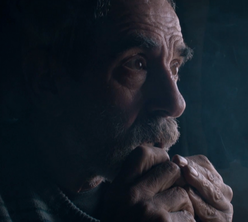 Ensconced in a dilapidated shack by the river that is nestled in the reeds, Halit Amca’s life is sustained by his respectful relationship with nature. He only collects as much as he needs for his existence, either consuming his catch or bartering it for basic supplies from a local store. During a medical visit, he is told of the need for an expensive surgery and that the failure to have timely intervention might lead to an amputated leg. Resigned to his fate, he accepts that he may lose his leg, and in a poignant moment where he converses with his two legs, it is as though he is chatting with two beloved pets and consoling one for the loss of its life-long pair. Serendipitously, Halit saves a finch from a bird of prey and heals its broken wing with much love and care. The finch becomes his beloved companion and his day’s purpose now includes keeping the bird fed and nurtured. In turn, the bird entertains him with beautiful clear, tunes and is particularly responsive to a harmonica Halit collected in his net during one of his fishing expeditions. Halit meets Mashallah, a simple shepherd who keeps finches as pets so he can participate in an annual tradition of the sport of finch-keeping in a café contest, a practice rooted in the Greek population of Turkey. Mashallah used to participate with his father but has never won the 50,000 lira prize. Mashallah wants to buy the finch, but Halit disdainfully turns him down as the bird is his friend and certainly not for sale. Once healed, Halit frees the bird but almost as though the bird heard the call of Halit’s despair as his leg worsens, the bird comes back. Halit consents to the competition and, through some wonderful cinematic crescendo of birdsongs, the “Kus” triumphs for Halit and Mashallah. This leads to Halit being able to avail the much-needed surgery to save his leg. And this brings us to the second of Cagatay’s epiphanies that echoes in this story. Just as Halit saves the bird’s broken wing, the bird saves Halit’s broken leg, and they heal each other in an exquisite way. There is indeed a give and take balance in nature, and in a world that we inhabit together, we are rewarded if we seek ways to co-exist in a respectful manner. And Birdie is a story told simply about some of these fundamental wisdom in life. Performances Veteran actor Turgay Tanulku is perfection as Halit, who captures a spectrum of emotions of a simple man at the juncture of a difficult life situation. We see his sad acceptance, but also his resilience as he continues with life, giving back in ways he can. He makes one question the age-old dilemma about our wants versus needs, and illustrates how basic our needs can be in a world that thrives on conspicuous consumption. We experience his heartfelt joy alongwith him when his love for the bird reflects in the bird’s love for him. In an unexpected appearance, we have Ersin Arici playing the role of Mashallah, and his small role is just as impactful as his role as Gonzi is in Paper Lives. A clear-hearted soul, he is driven by honoring his father’s memory. Subtle expressions and mannerisms portray his reverence towards the elderly, perhaps accentuated by the loss of his father. This is the strength of a good actor who does not require a depth of dialogue to convey the character’s inner soul. Cagatay is fortunate to have such master acts as a part of his first major film project. Aesthetics Underscoring the theme of the power of nature and how it can impact mankind in positive ways, the expansive shots are crisp and inviting, with muted and heart-pleasing colors. It is evidently captured by someone who appreciates the simple nuances of the natural world. There is a minimalism to the chosen locations and, unlike many Turkish shows that make it a point to display the majestic Istanbul, there is an intimacy to the shots as though the viewer is welcomed into the space to journey along with the characters.
An Old Soul As we shared on the first day of the film’s release, the shack used for Halit Amca is the same one Cagatay is found in for his guest appearance on Menajerimi Ara in September 2020. In Birdie, the shack is quite dilapidated and ill-kempt, whereas in Menajerimi Ara it is a well-maintained retreat. It may very well be owned by Cagatay as he claims in his appearance - it is the place he comes to so he doesn’t ‘lose himself”. The old soul in him translates into his first story that he has presented to the world, and it is as much an ode to his guiding principles in living an exploratory but meaningful life as it is to old traditions of his land. We are very excited to support the growth of this movie and hope it gets accepted into other major film festivals such as Sundance, SXSW, Toronto, Telluride and more. As it is, this is Birdie’s third appearance at a festival with the first two being at the Montecatini International Short Film Festival in October 2020 and Santa Monica International Film Festival in November 2020. Birdie’s appearance at Oxford marks a regional premiere for the film. Confirmed by Indie filmmakers in Hollywood, without the producer’s authorization, we cannot really share photos and videos of the movie, but we do have permission from the organizers of the Oxford Film Festival to share some screenshots. Here is a short video with highlights from the movie, where one can get an idea of the splendor of Cagatay’s cinematic eye. As he says in his interview with GQ Turkey released today, “I am still on the journey, the process continues for me with a lot of learning.” Your fans await more. Article copyright (c) CUNA & mh Musings |
Archives
February 2022
Categories
All
|
CAGATAY ULUSOY NORTH AMERICA
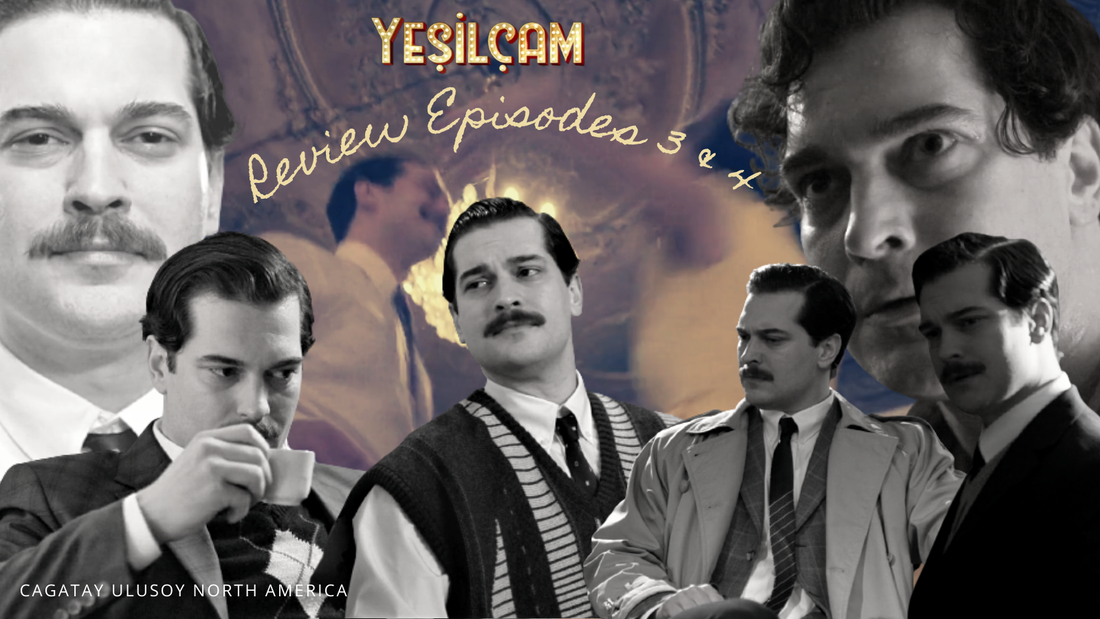
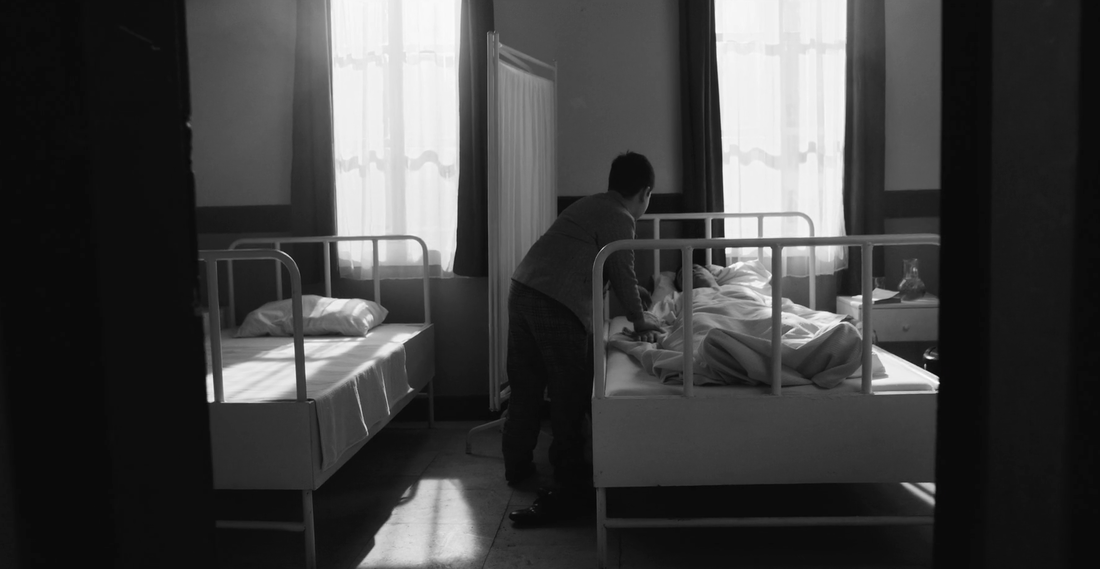
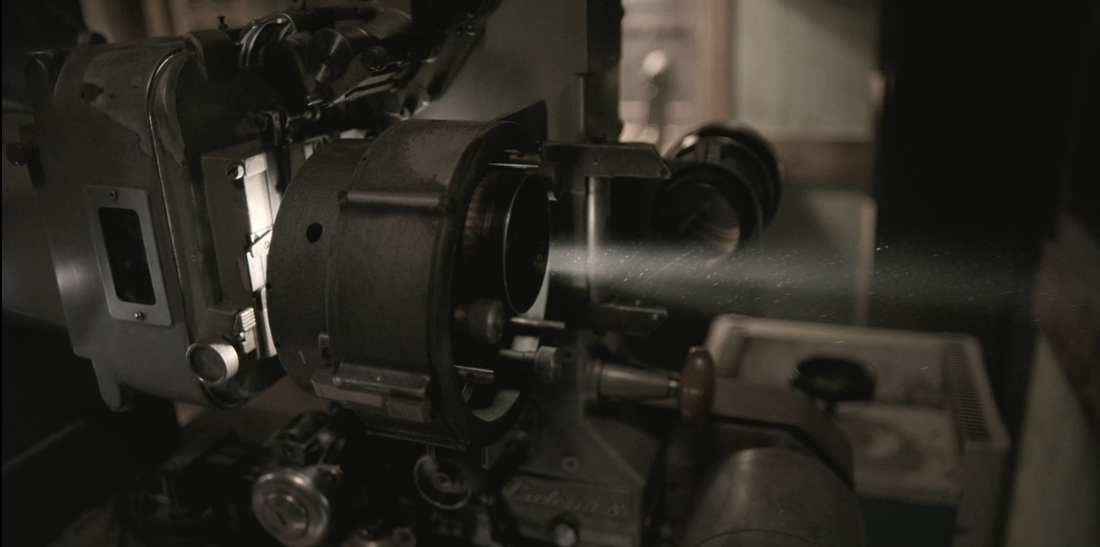
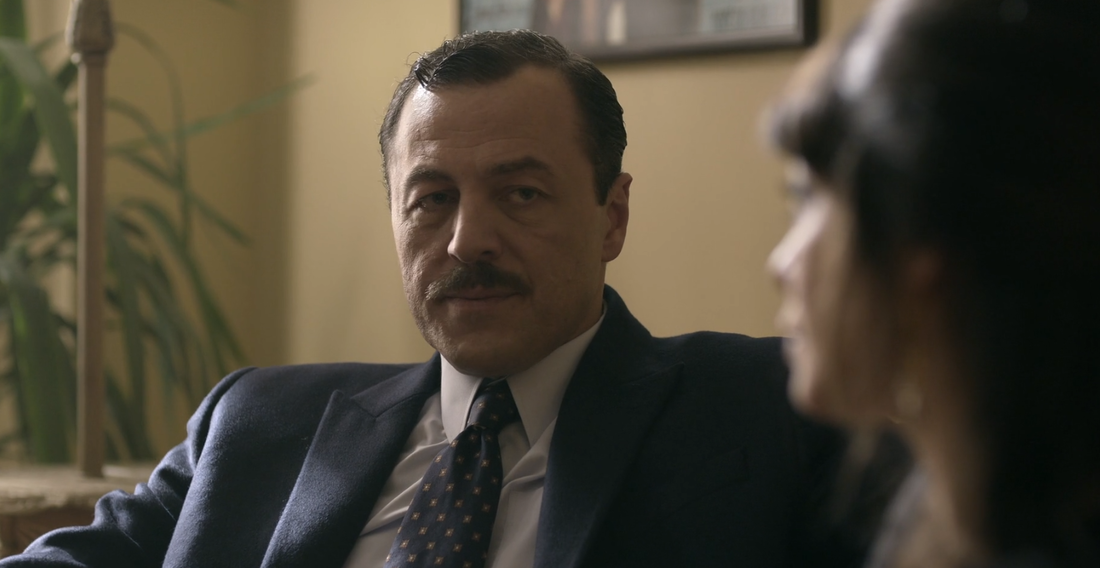
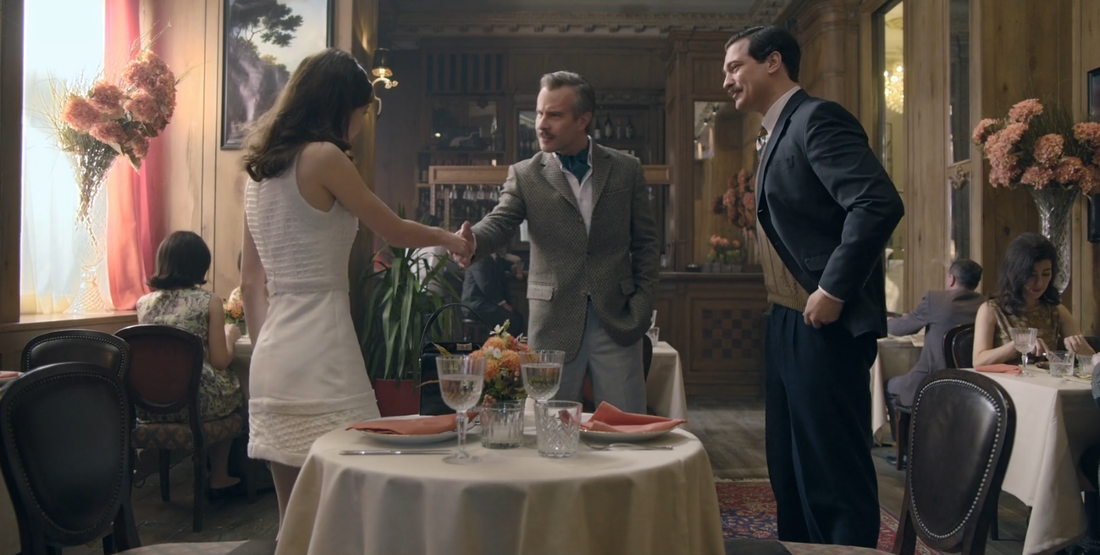
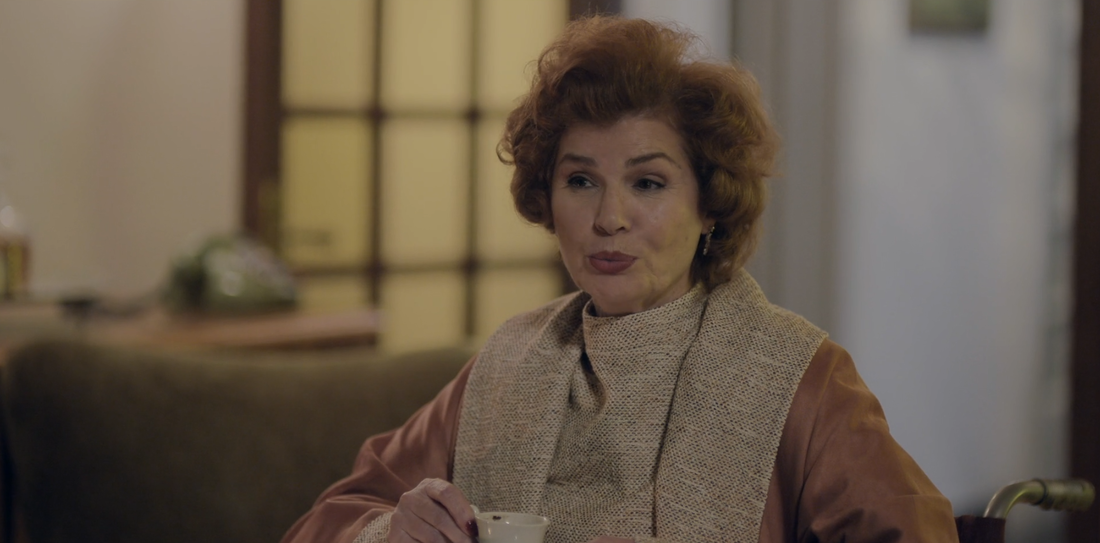
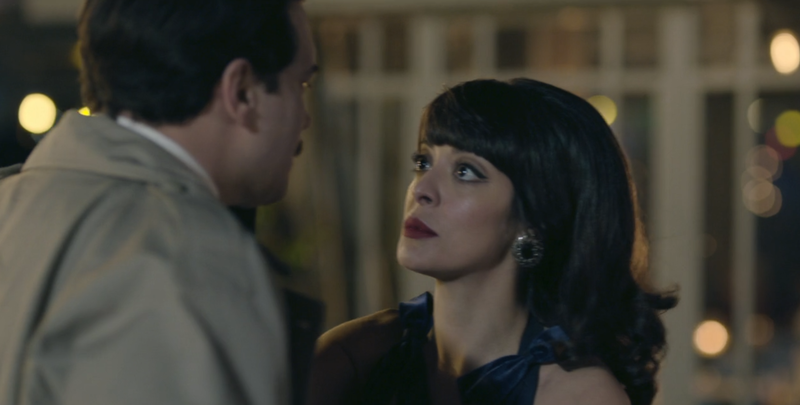
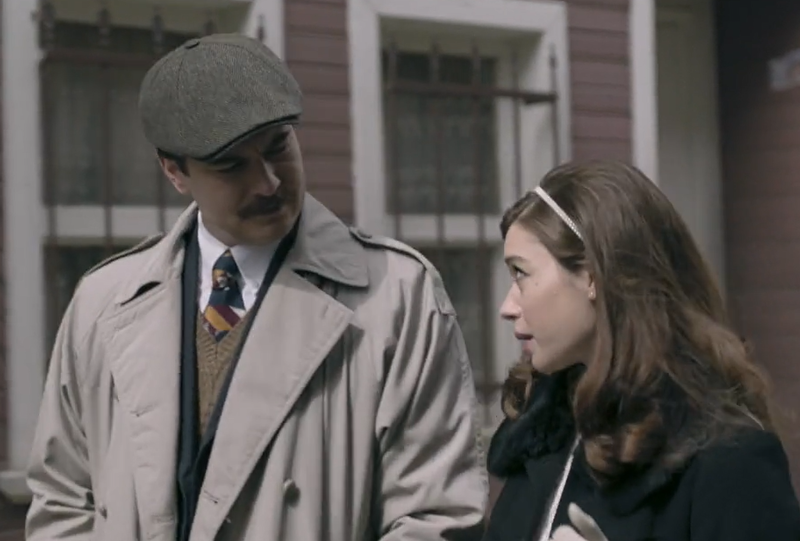
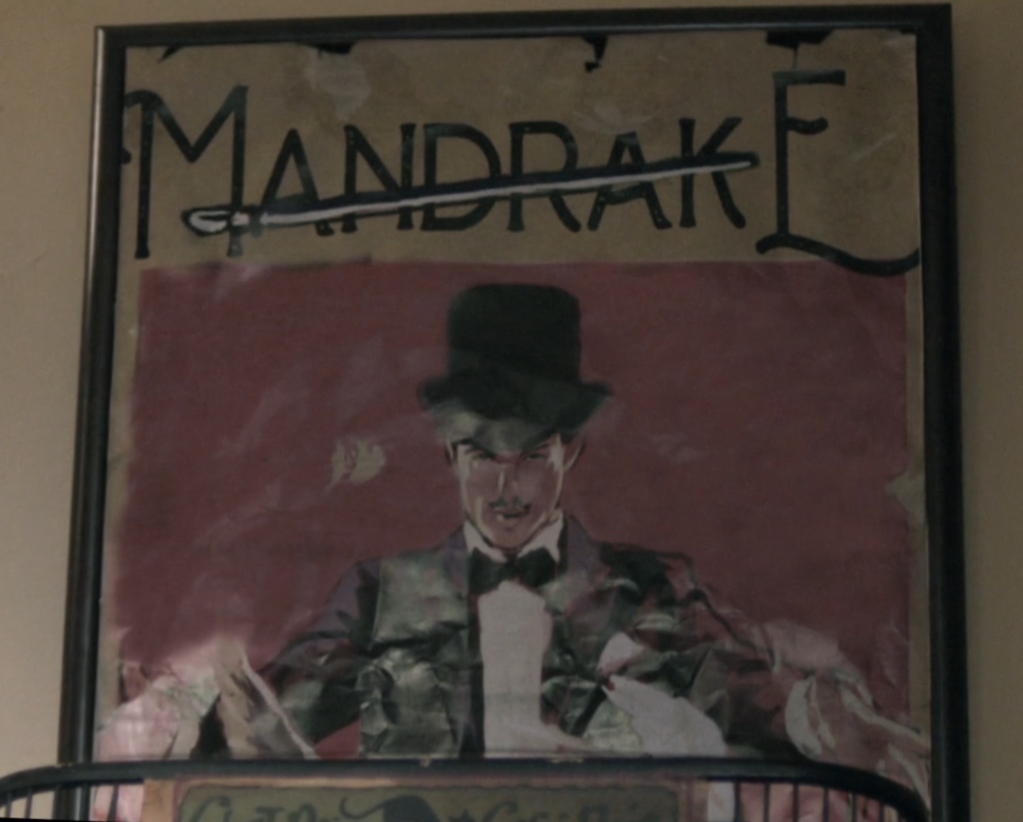
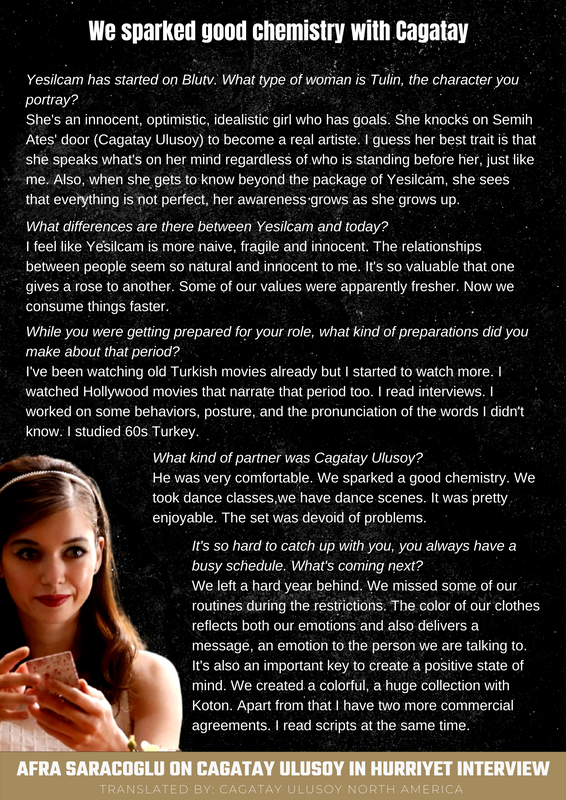
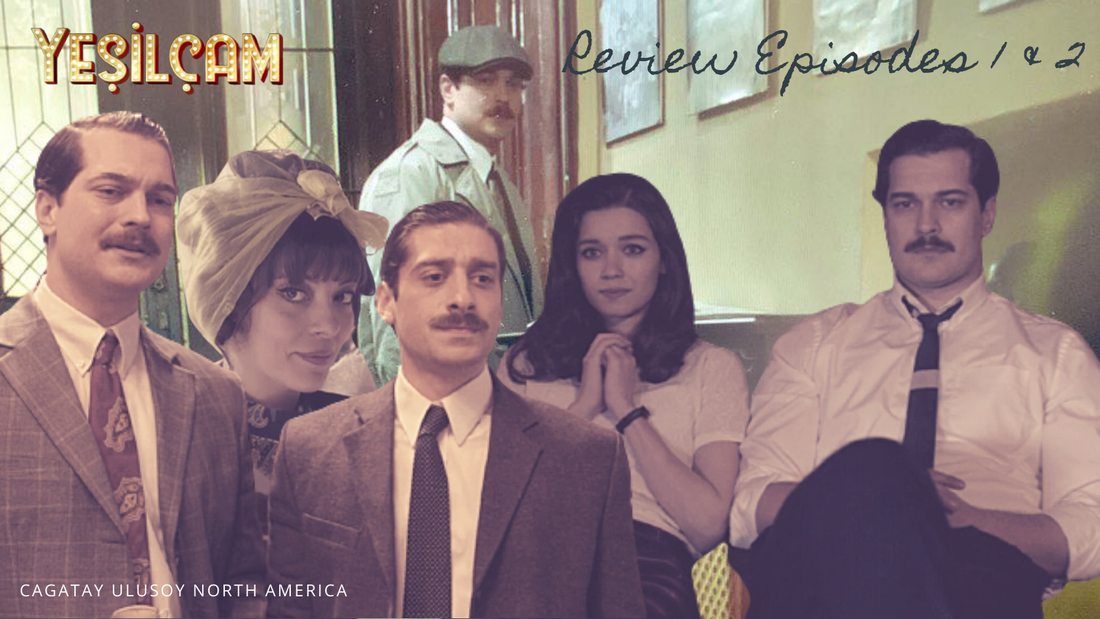
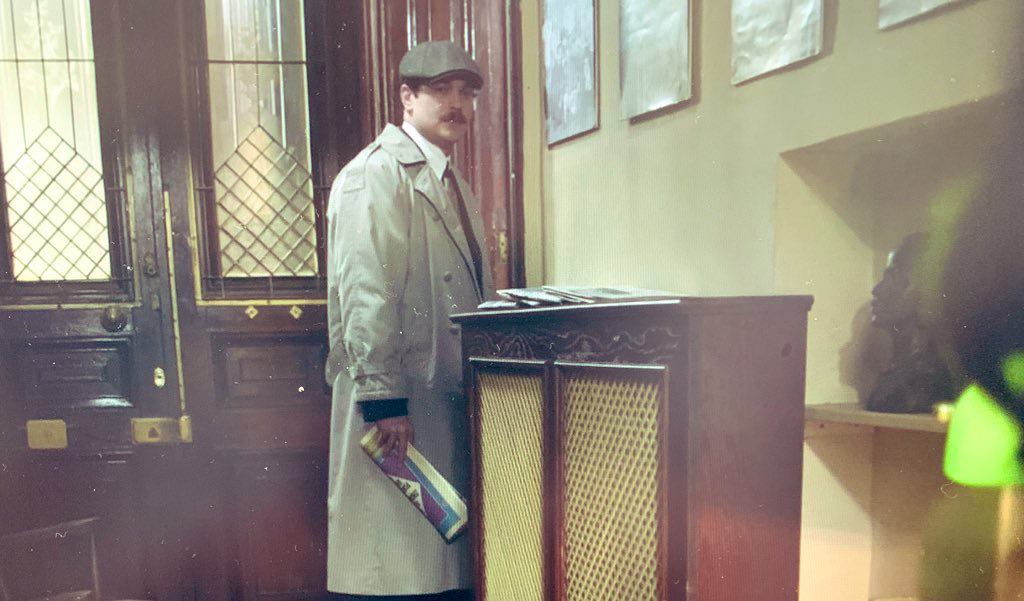
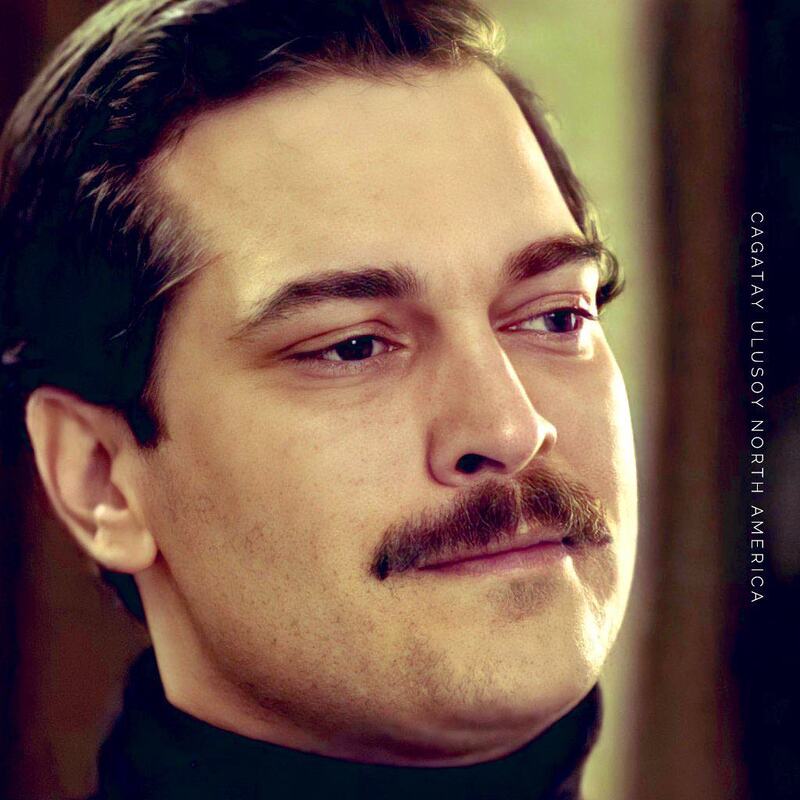
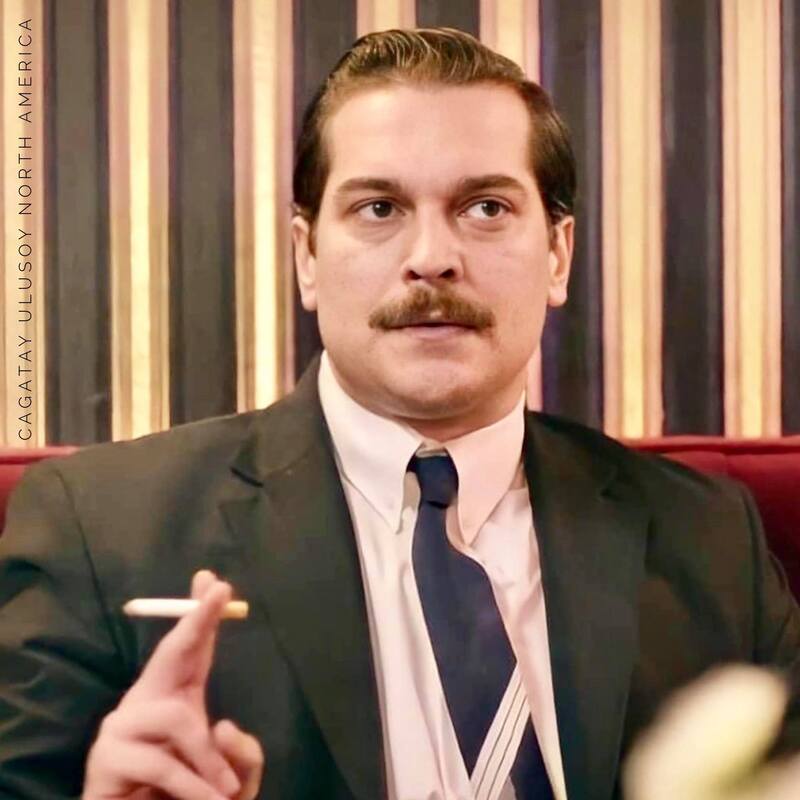
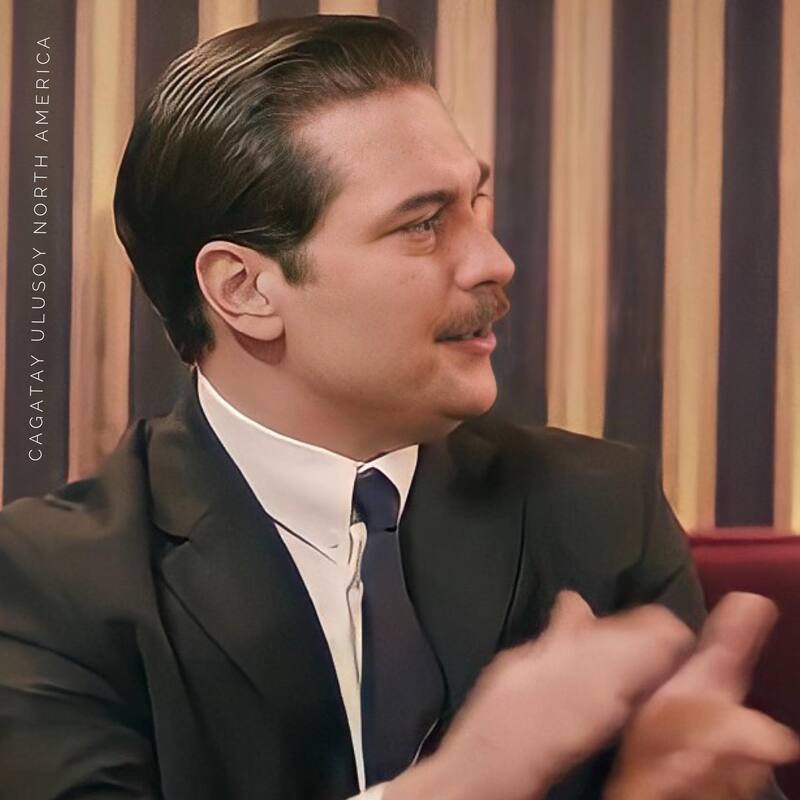
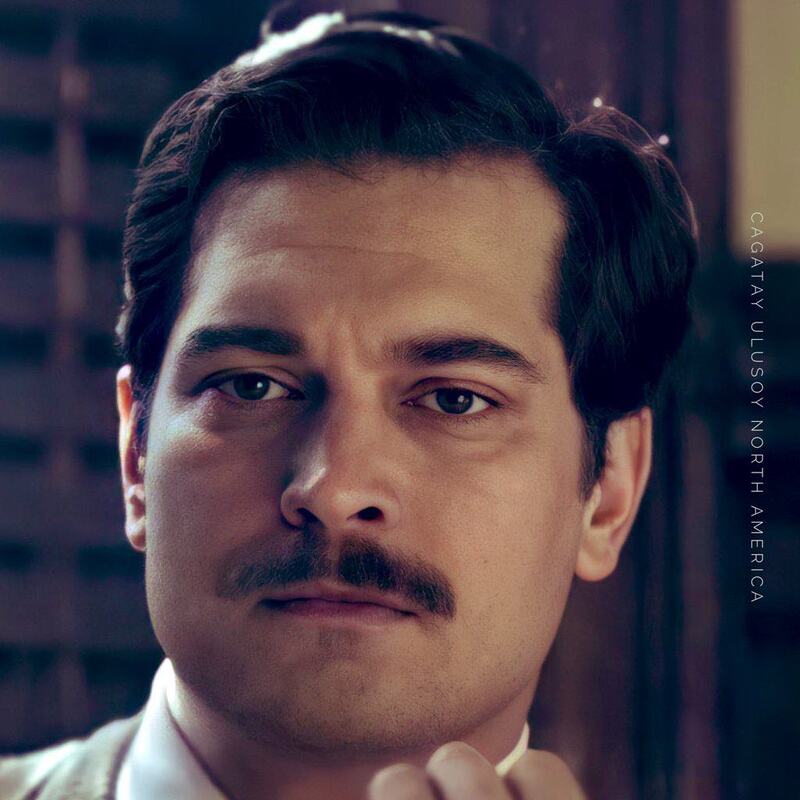
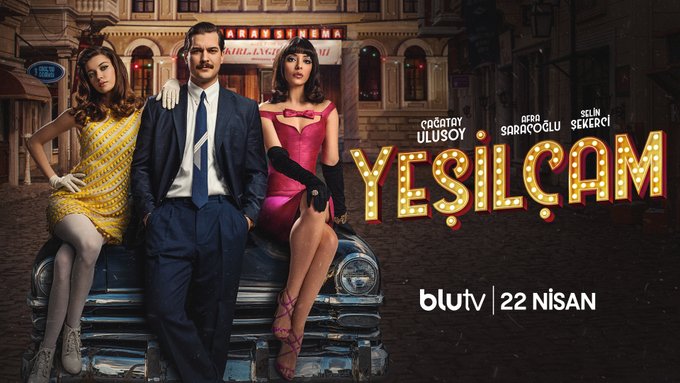
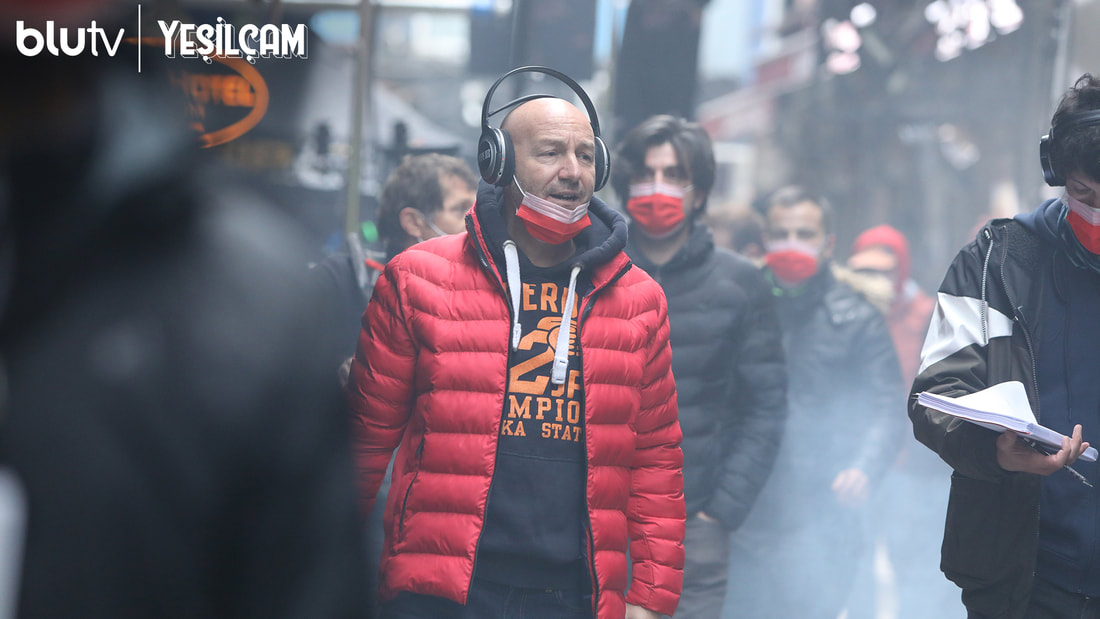
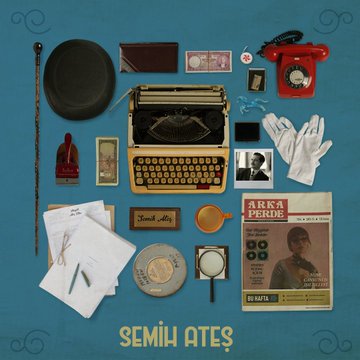
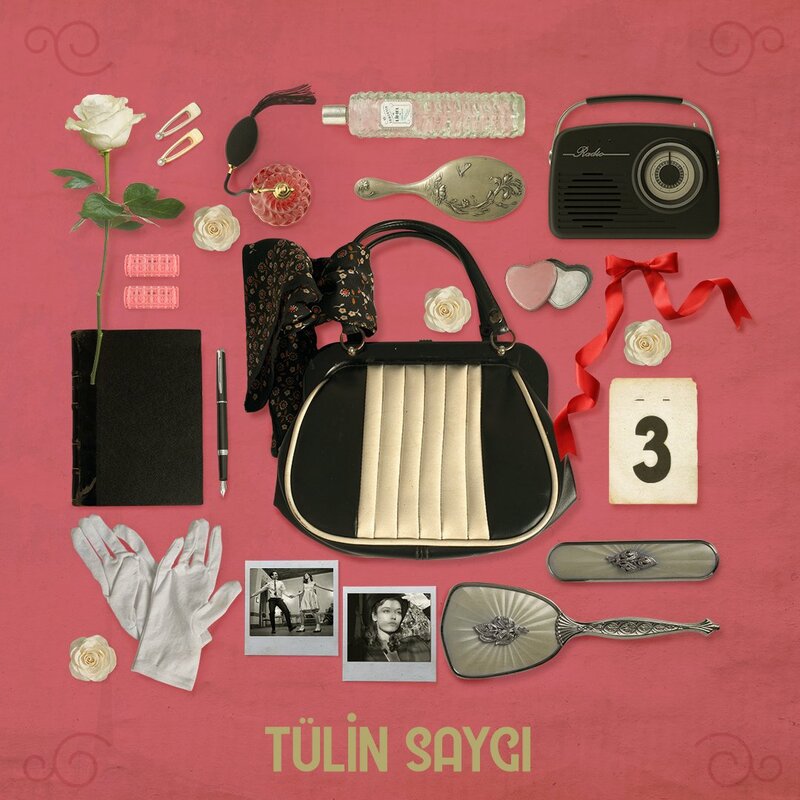
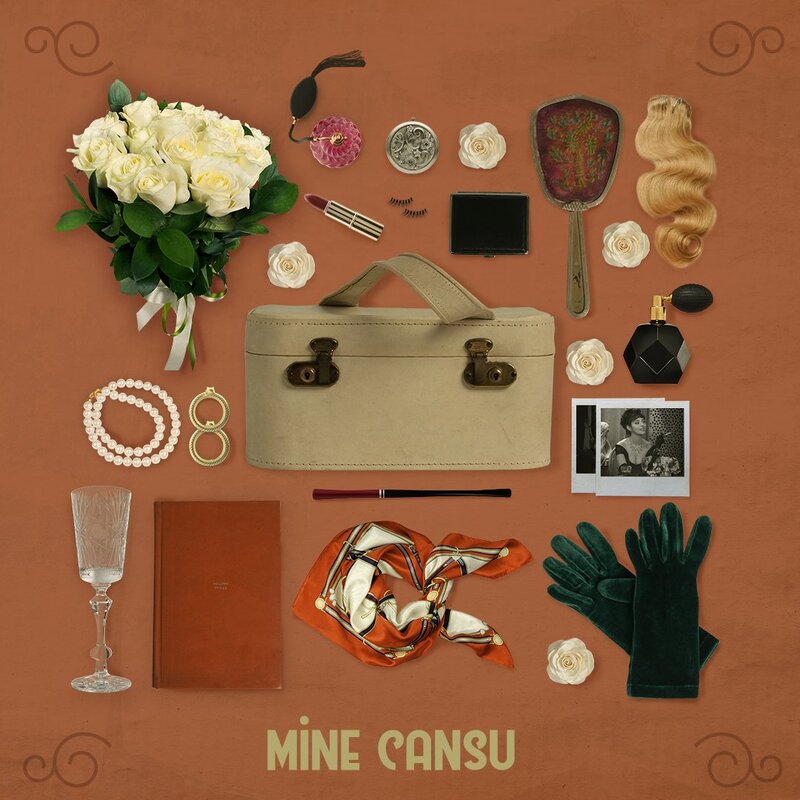
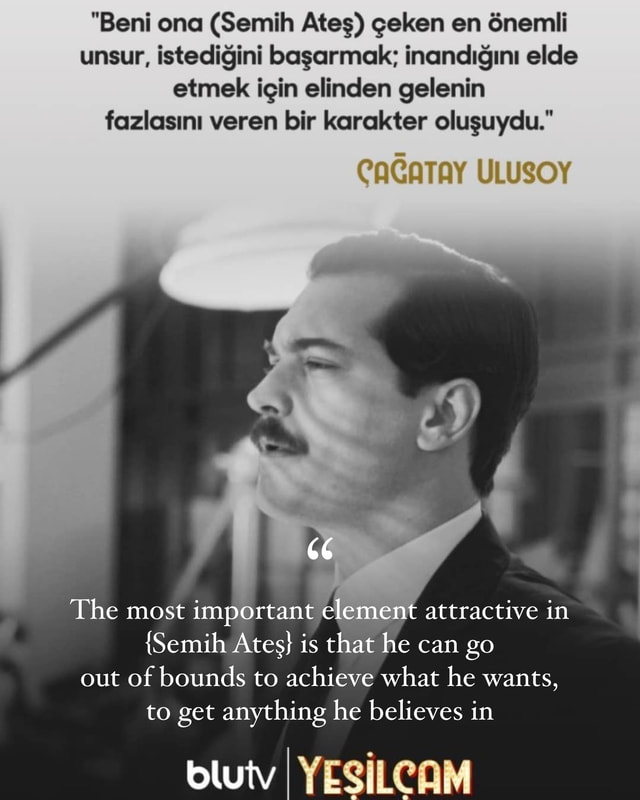
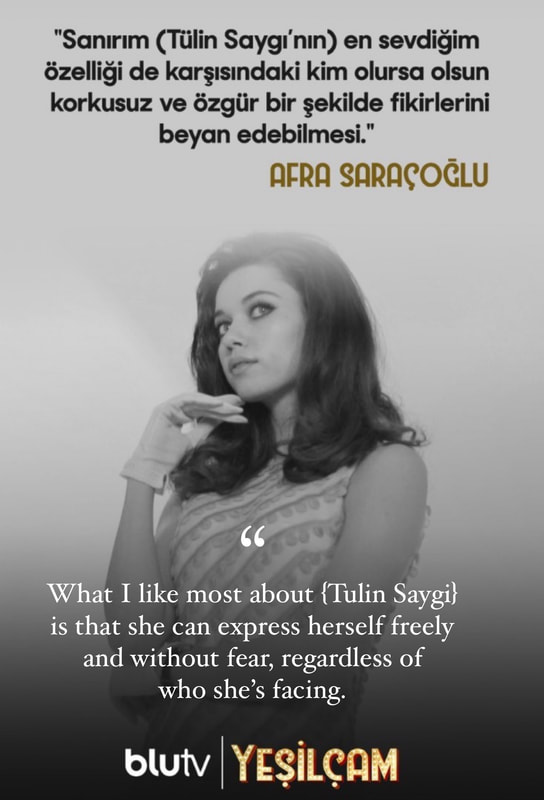
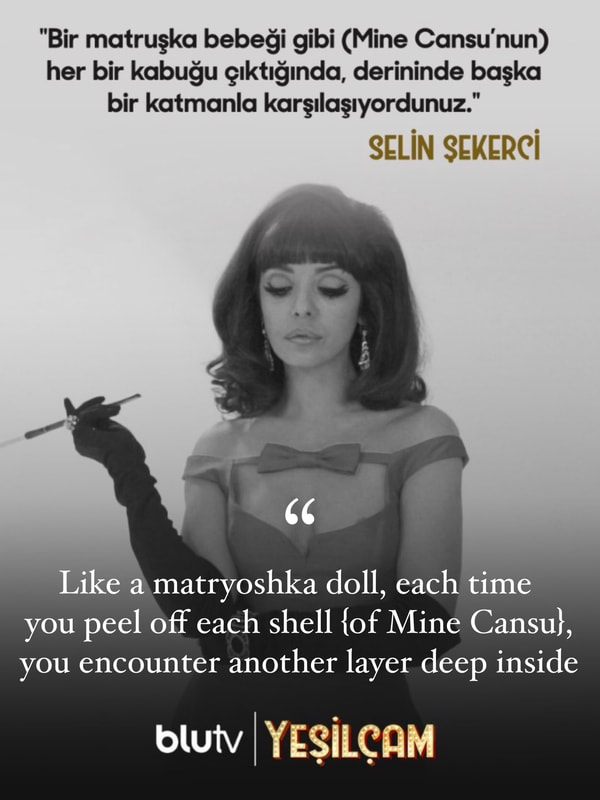
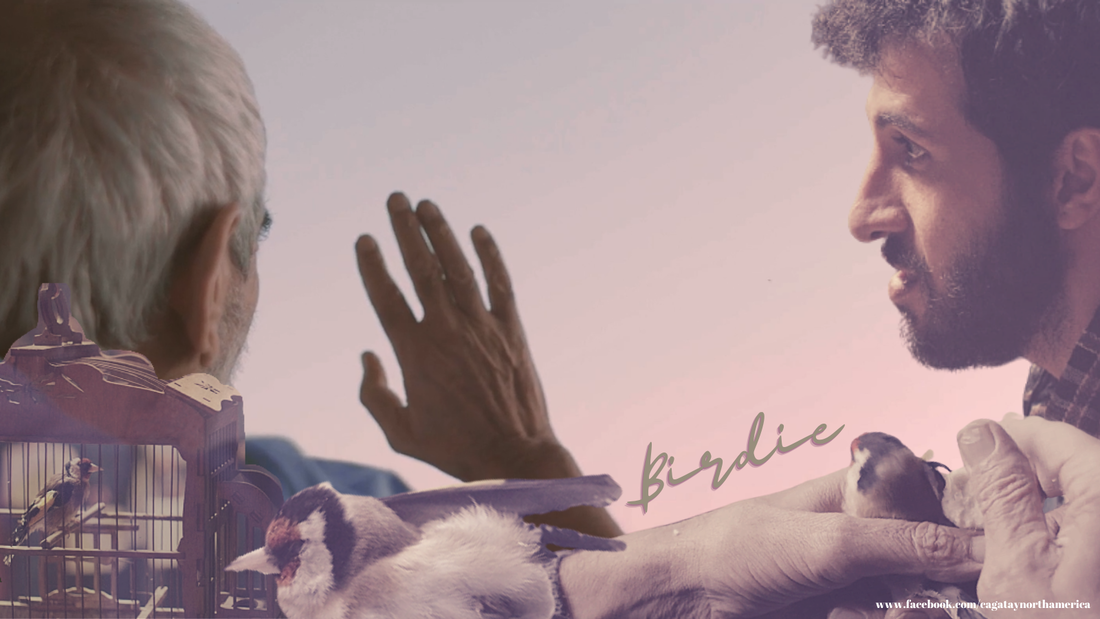
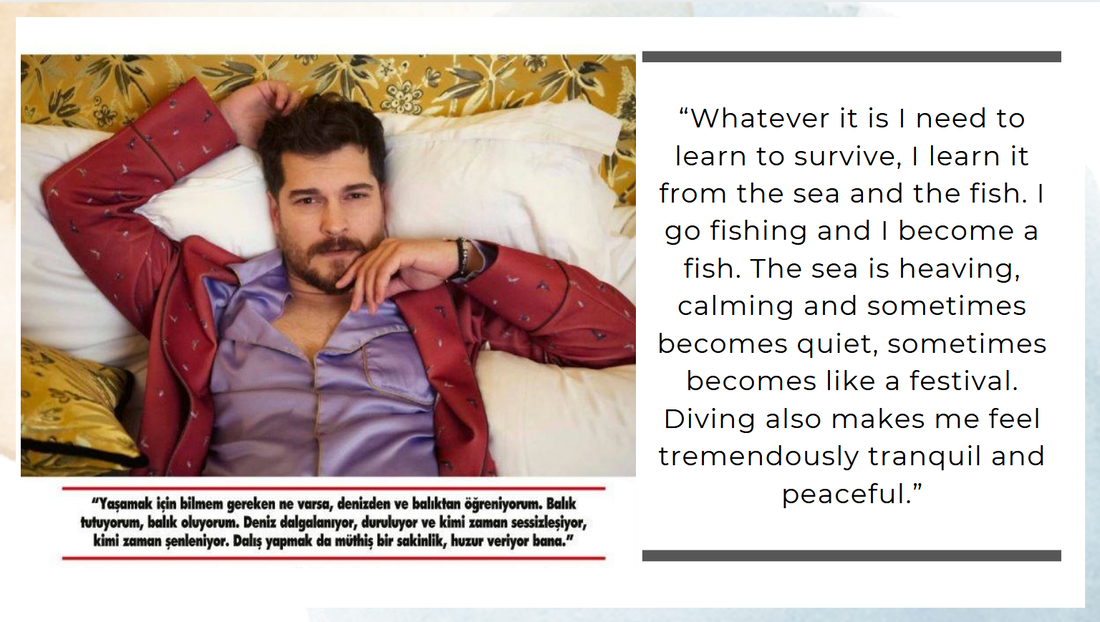
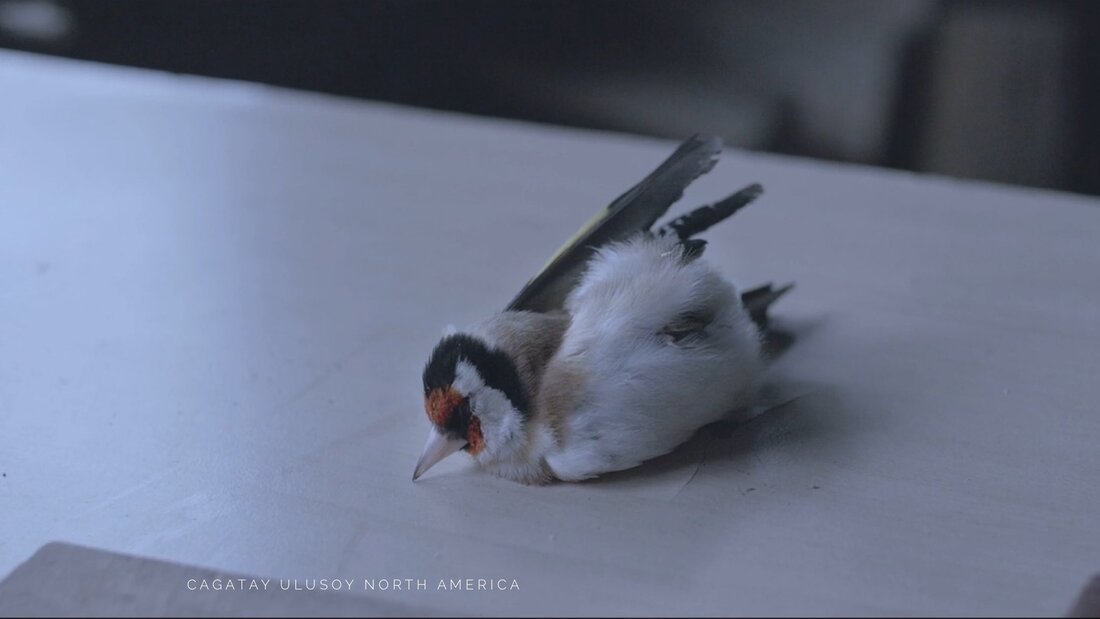
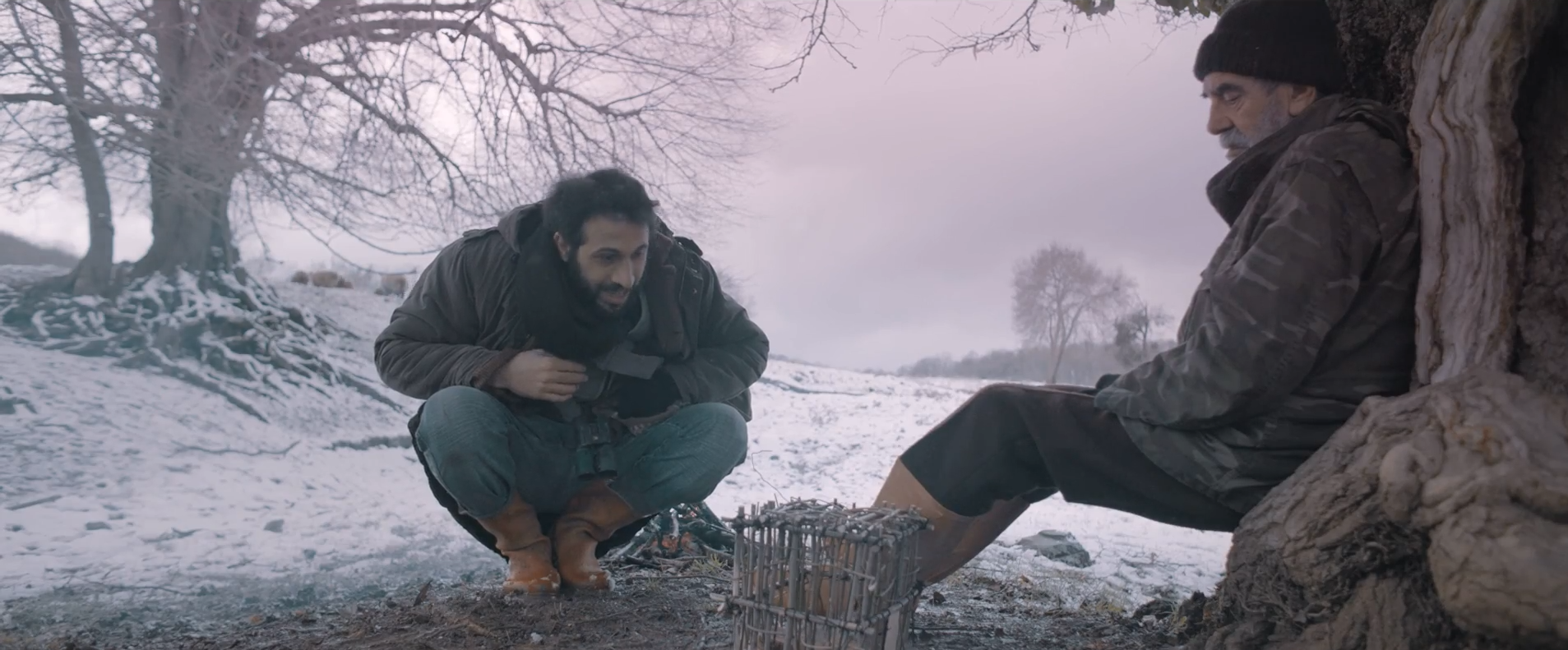
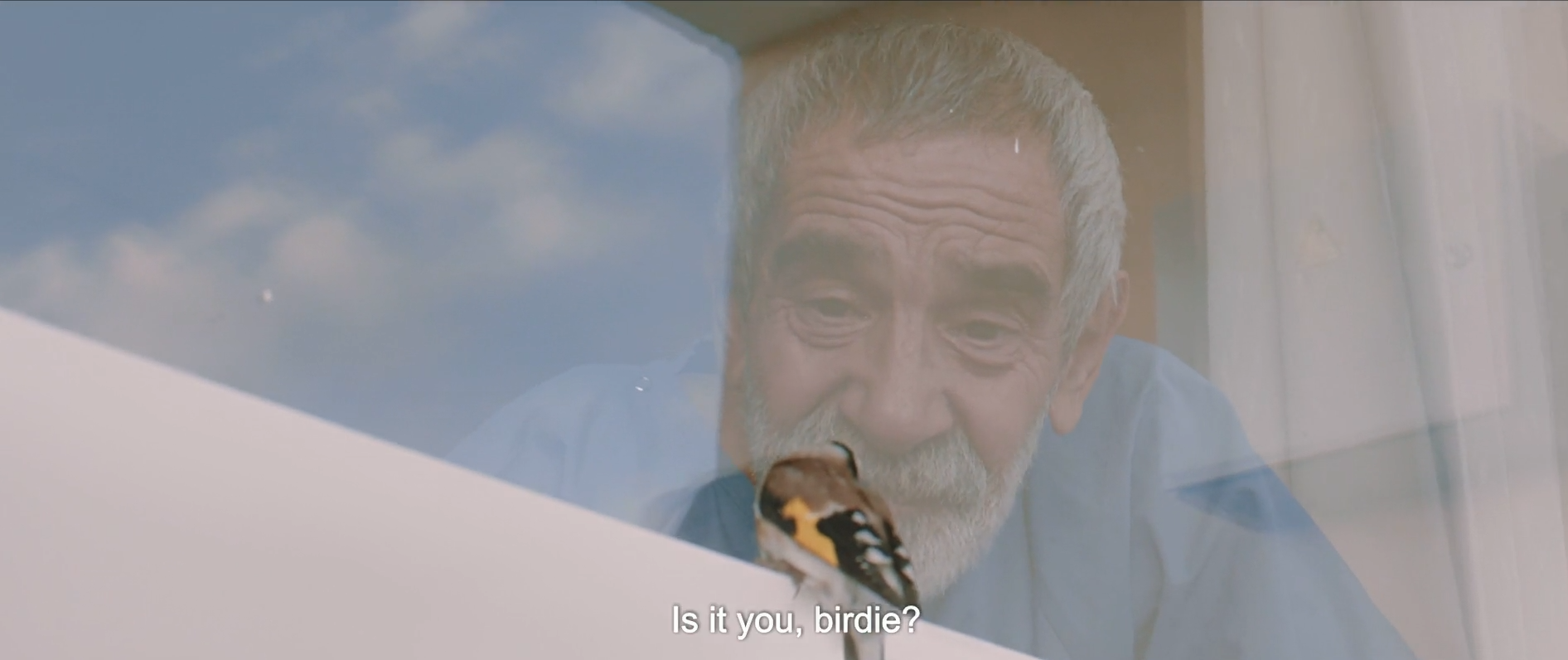
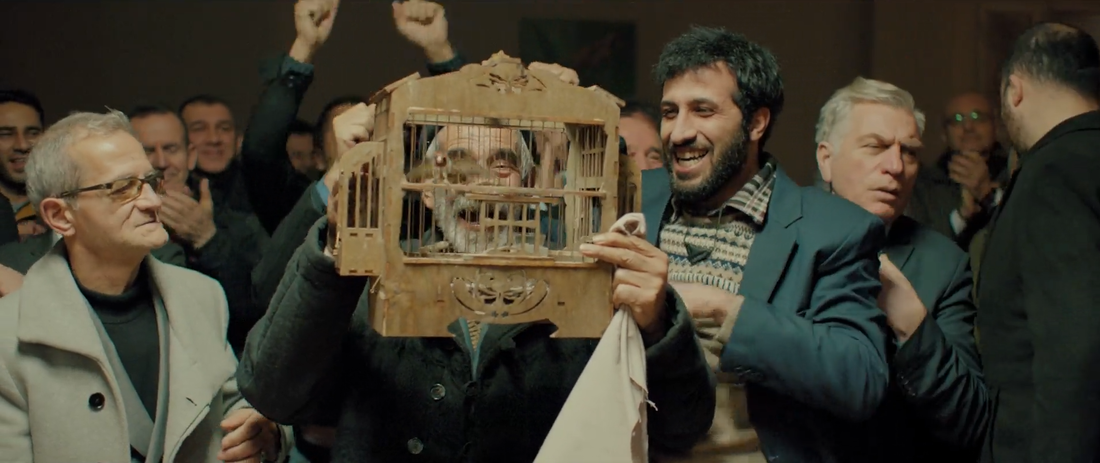

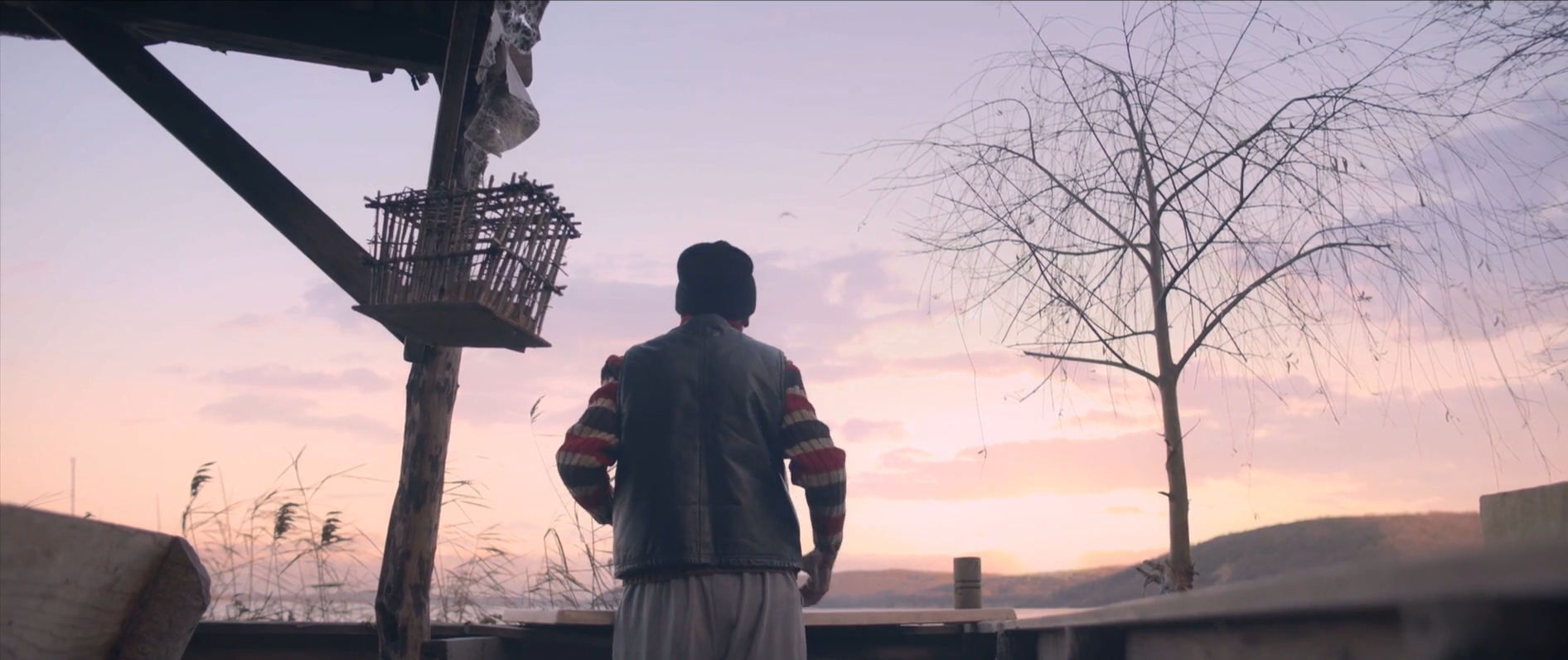
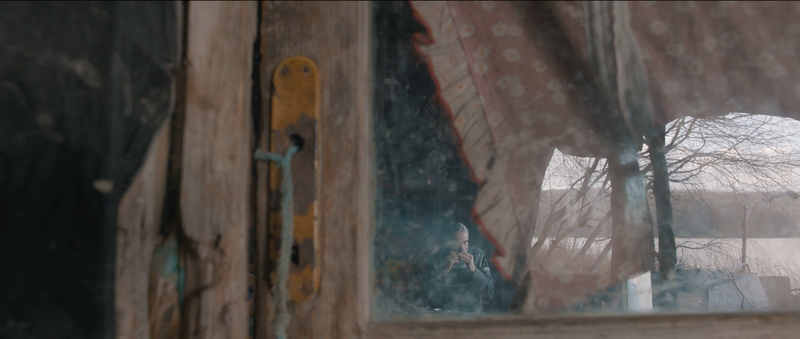

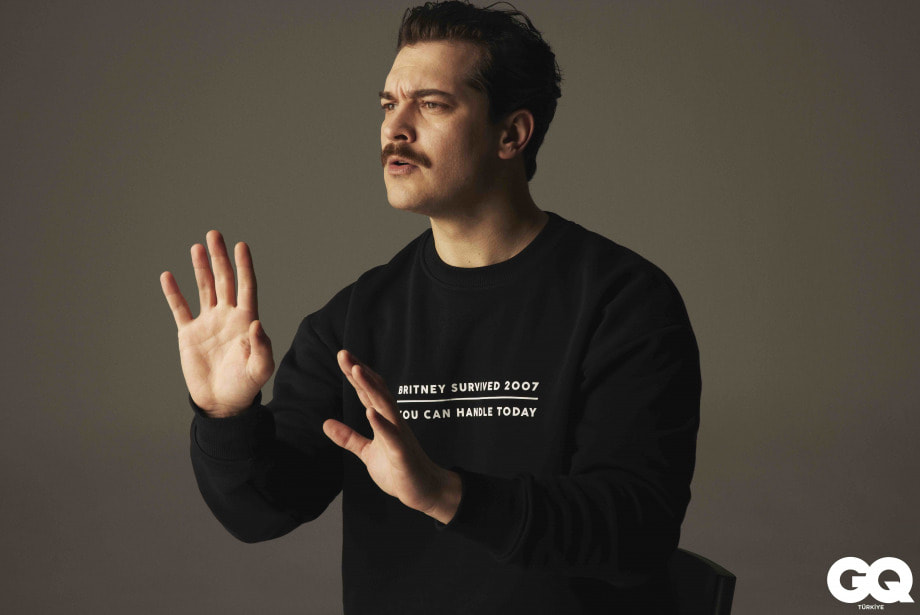
 RSS Feed
RSS Feed
